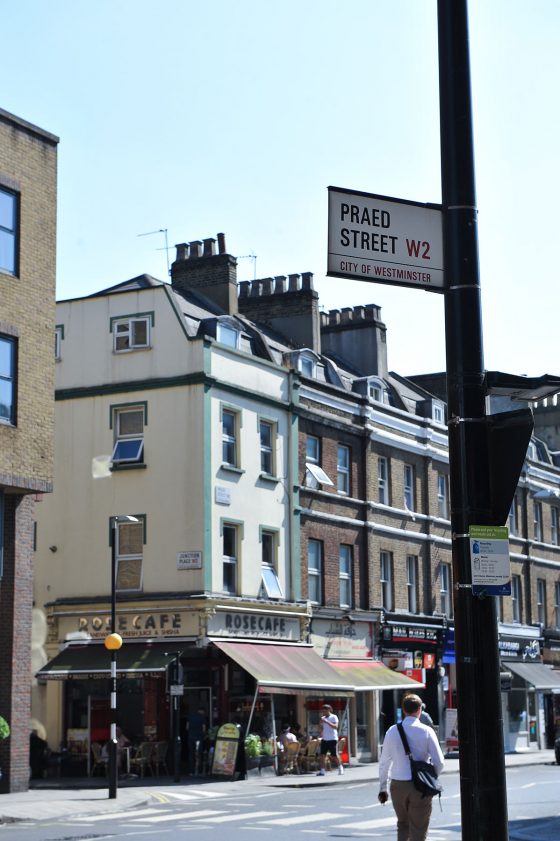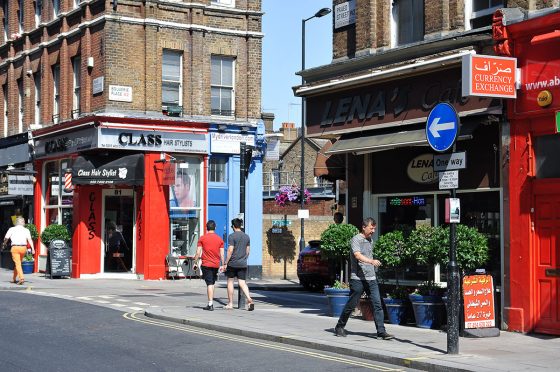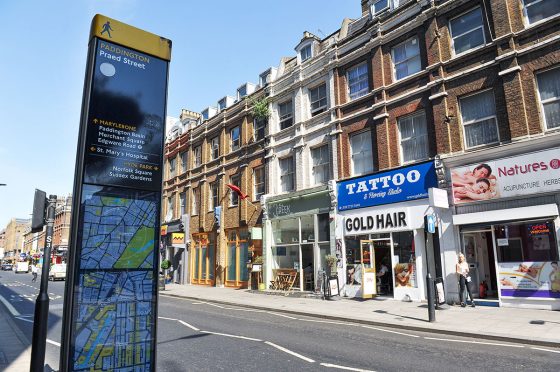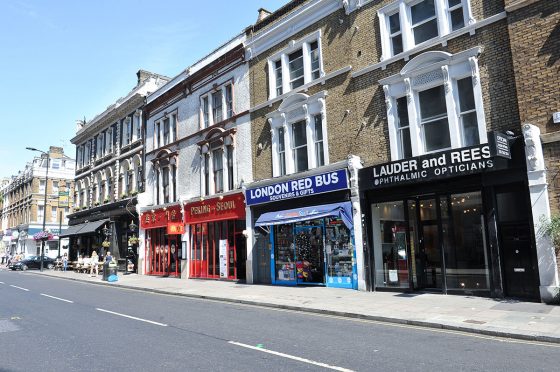The threat facing UK High Streets was recognised in this years October Budget. A £1.5 billion plan that includes a cut to the business rates bills for small retailers worth almost £900 million over 2 years, funding to transform town centres and a relaxation of planning rules has been announced as part of the Budget to support the country’s high streets.
The following is a summary of the Budget announcements relating to High Streets.
Business rate reduction
Business rates for retailers with a rateable value of up to £51,000 will be cut by one third for the next two years, potentially benefitting almost 500,000 businesses and saving them around £900 million. Local Authorities will be fully compensated for the loss of income. The cut takes effect immediately in England but will need to be agreed in Scotland, Wales and Northern Ireland. Click here for more details.
High Street Fund
A £675m Future High Streets Fund was announced to support local areas in England to prepare long term strategies for their high streets and town centres and then co-fund investment in town centre infrastructure, including to increase access to high streets and support redevelopment and densification around high streets through allowing investment in land assembly. The Fund will also support the regeneration of heritage high streets (up to £55m of the overall Fund). The expectation is that local authorities will partner with the private sector to develop proposals. The Fund is for High Street change not for adding additional retail space. Full details of the Fund will be announced by the year end but further information is available in a Department fact sheet here.
High Street Taskforce
The Fund will also support a new High Streets Taskforce that will support local leadership, providing high streets and town centres expert advice to adapt and thrive. This will provide hands-on support to local areas to develop data-driven innovative strategies and connect local areas to relevant experts. This will be launched early next year.
Planning consultation
A planning consultation opened yesterday to help support change on the high street. It is for England only and runs until 14 January 2019. This aims to make it easier for high streets to adapt for the future, with a wider range of retail, residential and other uses, looking at conversion of retail space to homes or offices and the potential for mixed use schemes. A second consultation will be published soon, including how to support the more effective use of tools such as Compulsory Purchase Orders and Local Development Orders.
Commercial property register
A register of empty commercial properties to support wider regeneration of our high streets and town centres is to be piloted.
Community use pilot
An ‘Open Doors’ pilot in five town centres to bring empty properties back into use by matching landlords of vacant premises with local community groups looking for space will be launched.
Public toilets
Standalone public toilets, however owned, will be no longer pay business rates. This covers 3,500 premises but will need legislation to introduce.
Transforming city fund
This has been increased to £2.4 billion and includes an extra £90 million for on demand buses
Belfast recovery
£2 million allocated to Belfast to help recovery from the Primark fire.
Digital Services Tax
Comes into force in April 2020 and expected to raise £400 million and only applies to companies generating more than £500 million per annum through the taxable business lines. This would include Amazon and other online marketplaces.
Immediate highway activities
£420 million made immediately available to local authorities for pothole repair, bridge repairs and other minor works. To be spent this year.
Pubs
Beer, cider and spirit duty have been frozen in a move to support pubs, which are an important feature of many high streets. The British Beer and Pub Association has welcomed the announcement saying: “An early Christmas for pubs and pub goers, saving the trade more than £100 million and securing thousands of jobs.”



